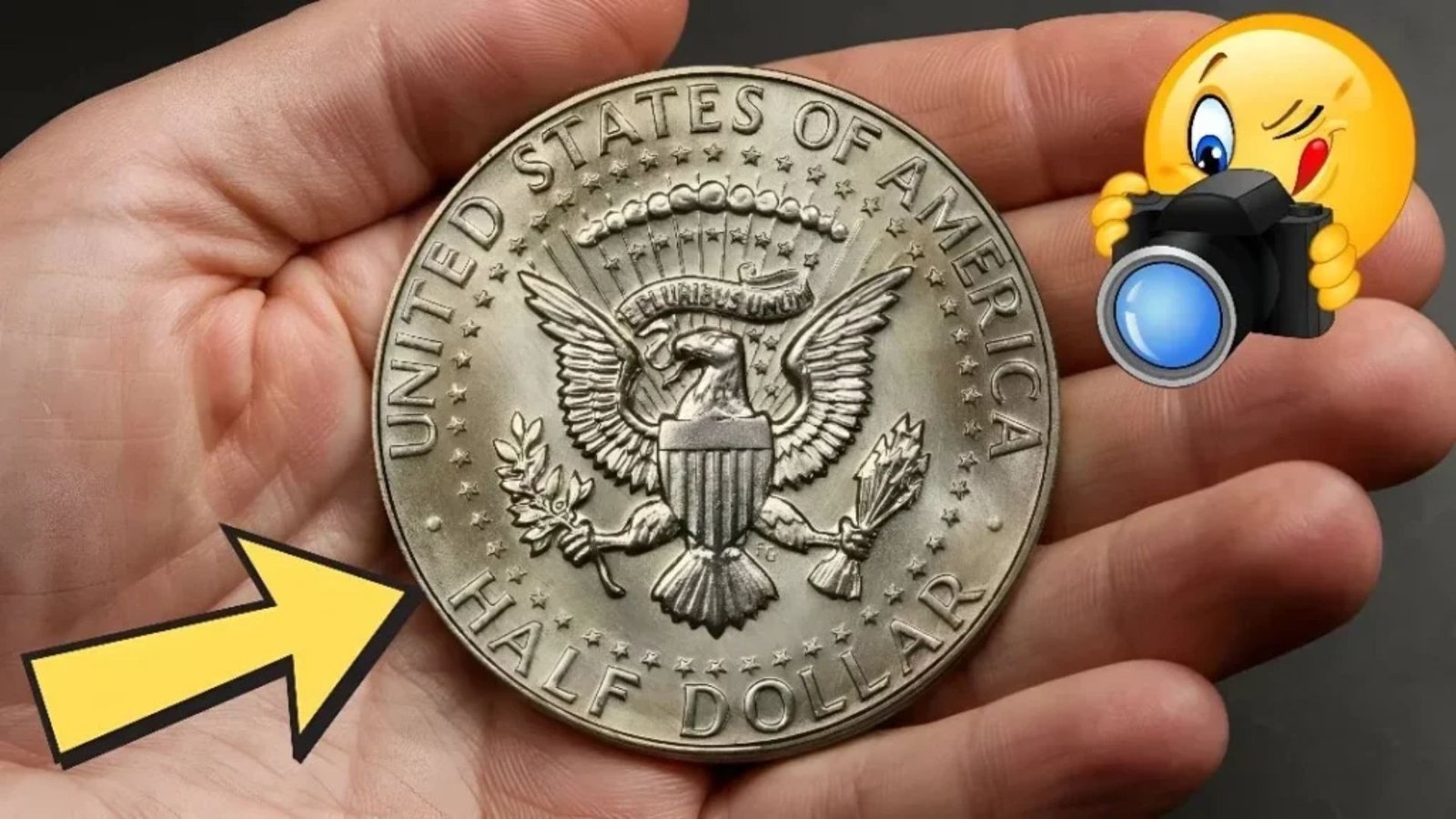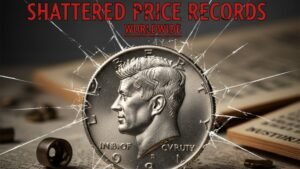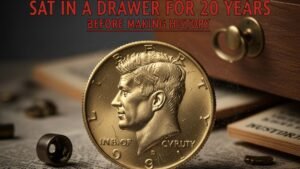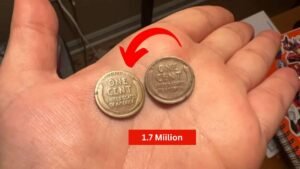Have you ever checked your pocket change and wondered if you’re carrying a fortune? Well, a rare Kennedy Half Dollar with a striking double die error is turning heads in the numismatic community right now. This isn’t just any coin—it’s a piece of history that could be worth thousands, and recent discoveries have collectors buzzing. Stick around to learn about its origins, value, and how you might spot one yourself.
What Is a Double Die Kennedy Half Dollar?
A double die error happens during minting when the die stamps the coin twice, creating a doubled image. For the Kennedy Half Dollar, this shows up in lettering like “IN GOD WE TRUST” or details on the portrait.
Key Features of the Error
This mint flaw makes rare coins stand out, turning ordinary halves into numismatic treasures.
The History and Origin of the Kennedy Half Dollar
Introduced in 1964 after President John F. Kennedy’s assassination, this half dollar became a symbol of remembrance. Early versions were 90% silver, but by 1971, they switched to clad.
The Double Die Emergence
The 1974-D double die obverse, minted in Denver, is a prime example. Doubling appears clearly on the motto, due to a hubbing error at the mint.
Why This Double Die Variety Is Valuable Today
In today’s market, a 1974-D double die in mint state can fetch $49 or more, with top grades reaching hundreds. Recent headlines highlight finds in circulation, sparking interest amid rising rare coin values.
Relevance in Numismatics
With coin collecting booming, these errors represent accessible entry points for hobbyists chasing valuable Kennedy Half Dollars.
How to Engage With, Use, or Benefit From It
Start by examining your change—look for doubling under magnification. Join numismatic clubs or attend coin shows to trade or learn.
Building a Collection
Investing in rare coins like this can yield returns, but always authenticate through services like PCGS.
Notable Facts, Statistics, or Records
Did you know over 273 million 1964 Kennedy Half Dollars were minted, yet errors remain scarce?
| Variety | Year | Key Feature | Estimated Value (MS+) |
|---|---|---|---|
| Doubled Die Obverse | 1974-D | Doubling on motto | $49+ |
| Doubled Die Obverse | 1964-D | Slight doubling on letters | $1,645 |
| Doubled Die Reverse | 1964 | Doubling on reverse elements | Varies, up to thousands |
Another table compares pros and cons:
| Aspect | Pros | Cons |
|---|---|---|
| Collecting Double Die Coins | High potential value, exciting hunts | Requires expertise to spot fakes |
| Investment | Appreciates over time | Market fluctuations |
Expert Tips / Advice / Insights
Experts recommend starting with certified coins. Use a loupe to check for authentic doubling—machine doubling isn’t valuable.
Spotting Tips
Look for sharp, shelf-like doubling, not blurred edges. Store in holders to preserve condition.
Frequently Asked Questions (FAQs)
What makes a double die Kennedy Half Dollar rare?
It’s a mint error, not intentional, so few exist.
How much is a 1974-D double die worth?
Around $30-$140 raw, more if graded high.
Can I find one in circulation?
Yes, though rare—check rolls from banks.
What’s the difference from other errors?
Double die affects the die itself, unlike strikes.
Where to sell one?
Auction houses or dealers specializing in numismatics.
Conclusion
In wrapping up, this double die Kennedy Half Dollar reminds us that everyday items can hold hidden value, blending history with the thrill of discovery. Whether you’re a seasoned collector or just curious, dive into rare coins—start checking your change today, share this post, or explore more numismatic gems. Who knows what treasure awaits?




